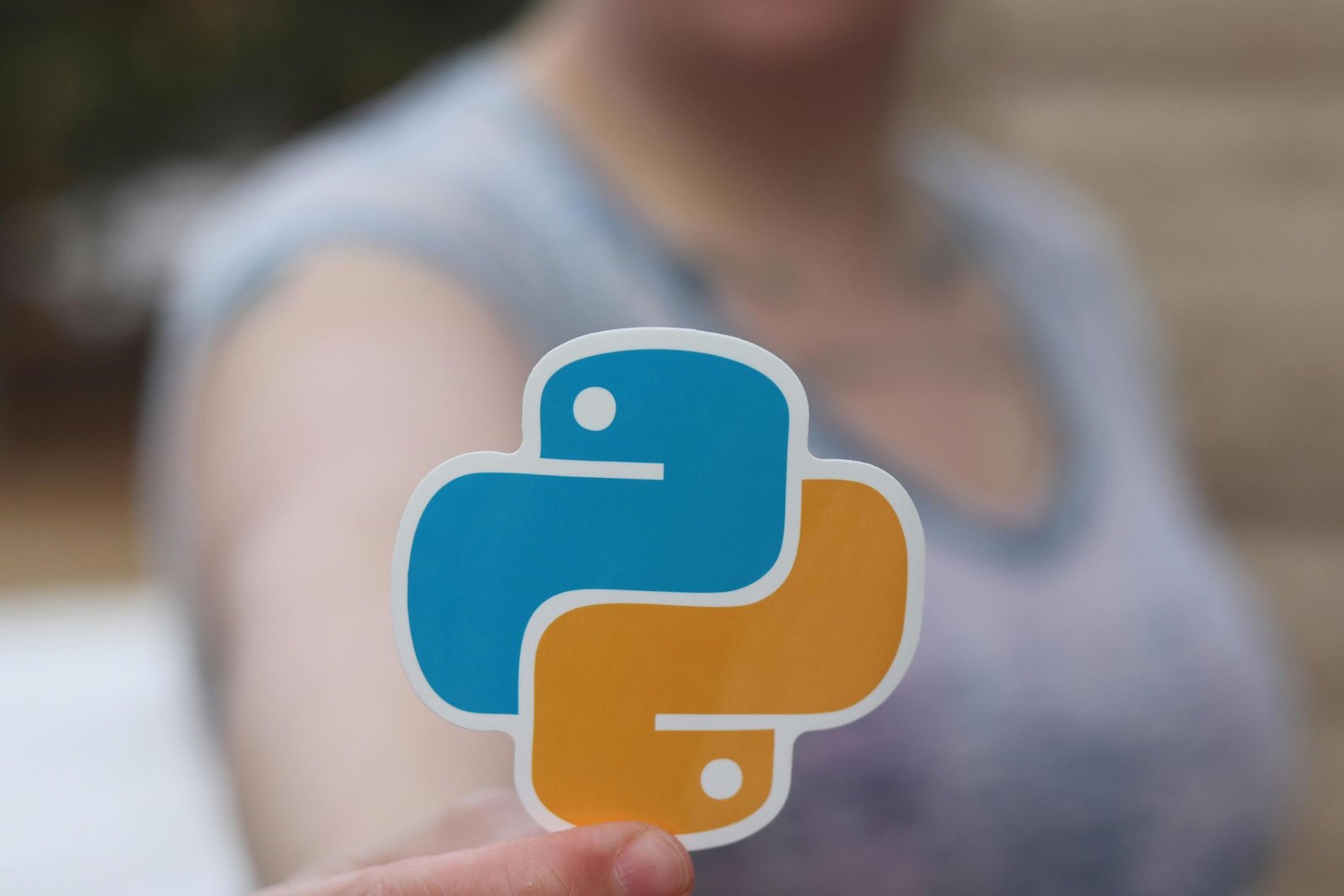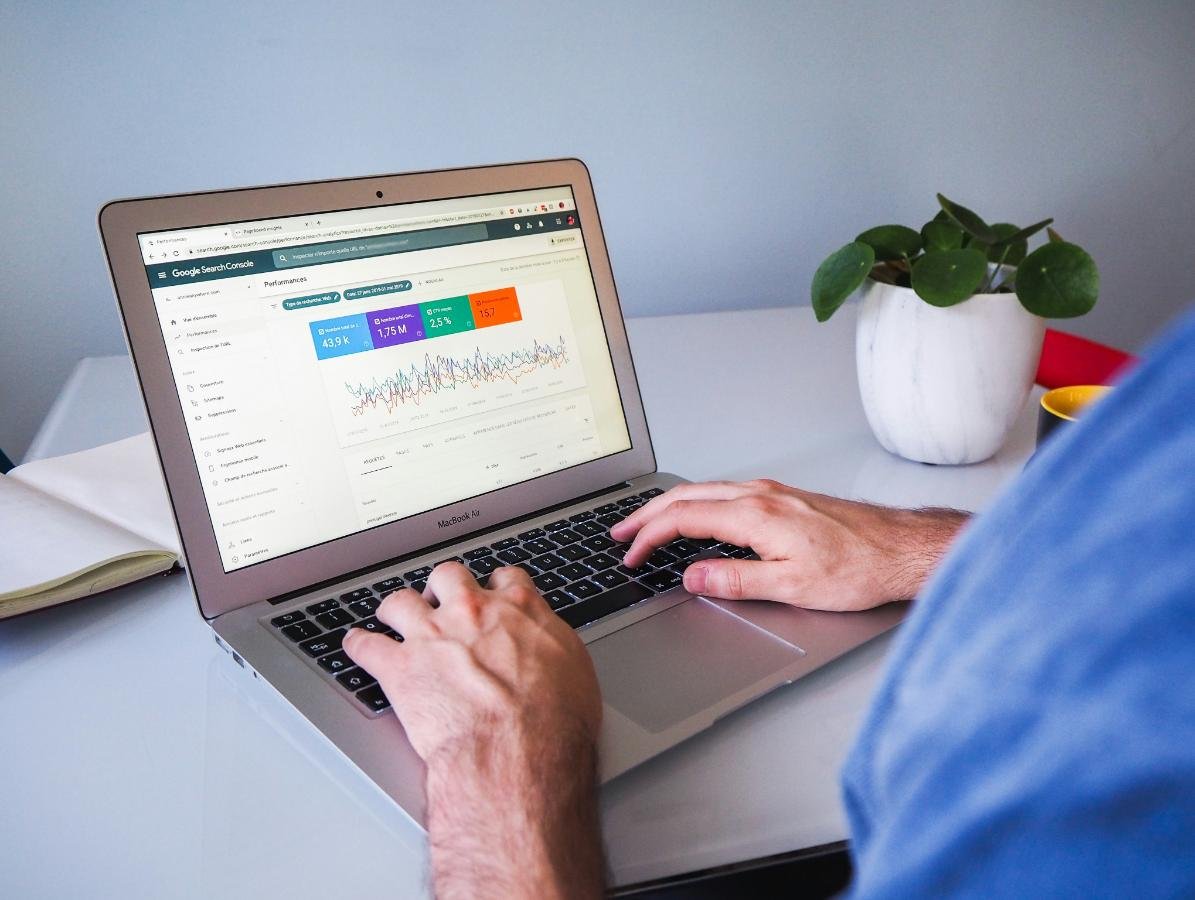Python is one of the most popular and versatile programming languages today, known for its simplicity and readability. Whether you’re a complete beginner or looking to enhance your coding skills, learning Python can be an invaluable asset. The good news is, you can learn Python step by step without spending a dime. Here’s a detailed guide on how to master Python for free.
1. Understand the Basics of Python
1.1. What is Python?
Python is an interpreted, high-level programming language known for its easy syntax and readability. It’s used in web development, data analysis, artificial intelligence, scientific computing, and more.
1.2. Key Concepts to Learn:
- Syntax and Variables: Learn about basic syntax, variables, data types, and operators.
- Control Flow: Understand conditional statements (if-else) and loops (for, while).
- Functions: Learn how to define and call functions, and understand function arguments and return values.
- Data Structures: Get familiar with lists, tuples, dictionaries, and sets.
2. Choose the Right Learning Resources
2.1. Online Courses
- Coursera – Python for Everybody: Offered by the University of Michigan, this course is great for beginners and is available for free.
- edX – Introduction to Python Programming: Offered by Georgia Tech, this course provides a solid foundation in Python.
2.2. Interactive Learning Platforms
- Codecademy: Offers a free Python course that covers basic to advanced concepts interactively.
- Kaggle Learn: Provides hands-on Python tutorials specifically geared towards data science.
2.3. YouTube Tutorials
- Corey Schafer: Corey Schafer’s channel has a comprehensive series of Python tutorials.
- Programming with Mosh: Offers a free, well-structured Python tutorial for beginners.
3. Practice Coding
3.1. Coding Challenges
- HackerRank: Offers Python challenges and tutorials for different skill levels.
- LeetCode: Provides a platform for practicing coding problems and algorithm questions.
3.2. Projects
- Build Simple Projects: Start with projects like a calculator, to-do list app, or a basic web scraper. This will help reinforce your learning and build practical skills.
- Contribute to Open Source: Platforms like GitHub offer numerous open-source projects where you can contribute and practice Python coding.
4. Utilize Free Books and eBooks
4.1. Free Python Books
- “Automate the Boring Stuff with Python” by Al Sweigart: This book is available online for free and covers practical uses of Python.
- “Python Crash Course” by Eric Matthes: A beginner-friendly book that offers hands-on projects.
4.2. Official Documentation
- Python Official Documentation: The official documentation is a great resource for understanding Python’s built-in functions and libraries.
5. Join Python Communities
5.1. Online Forums
- Stack Overflow: A community-driven Q&A site where you can ask questions and get help with Python-related problems.
- Reddit – r/learnpython: A subreddit dedicated to helping beginners learn Python.
5.2. Local Meetups and Groups
- Meetup.com: Look for local Python or coding meetups in your area to network with other learners and professionals.
6. Stay Updated and Keep Learning
Python is constantly evolving, with new libraries and frameworks emerging regularly. Stay updated by:
- Following Python Blogs: Websites like Real Python and Python Weekly provide tutorials and news.
- Attending Webinars and Online Workshops: Look for free webinars and workshops to keep your skills current.
Conclusion
Learning Python for free is entirely achievable with the right resources and dedication. By utilizing online courses, interactive platforms, coding challenges, free books, and community support, you can master Python step by step without any cost. Start with the basics, practice consistently, and keep exploring new concepts and projects to advance your skills. Happy coding!












